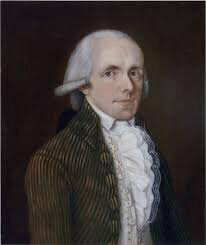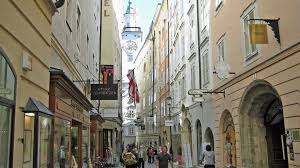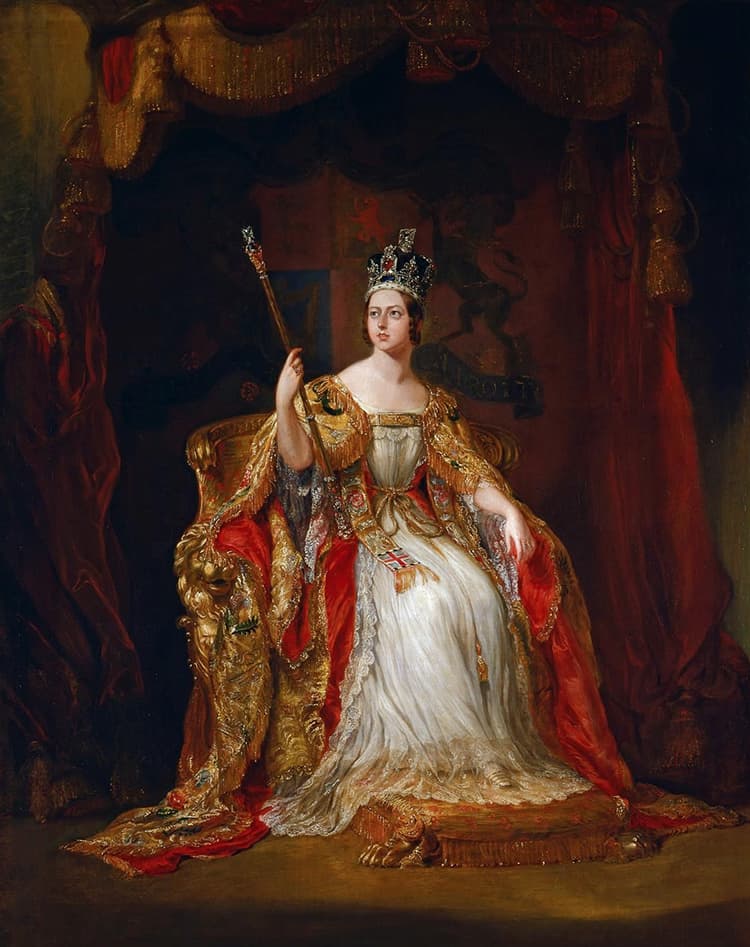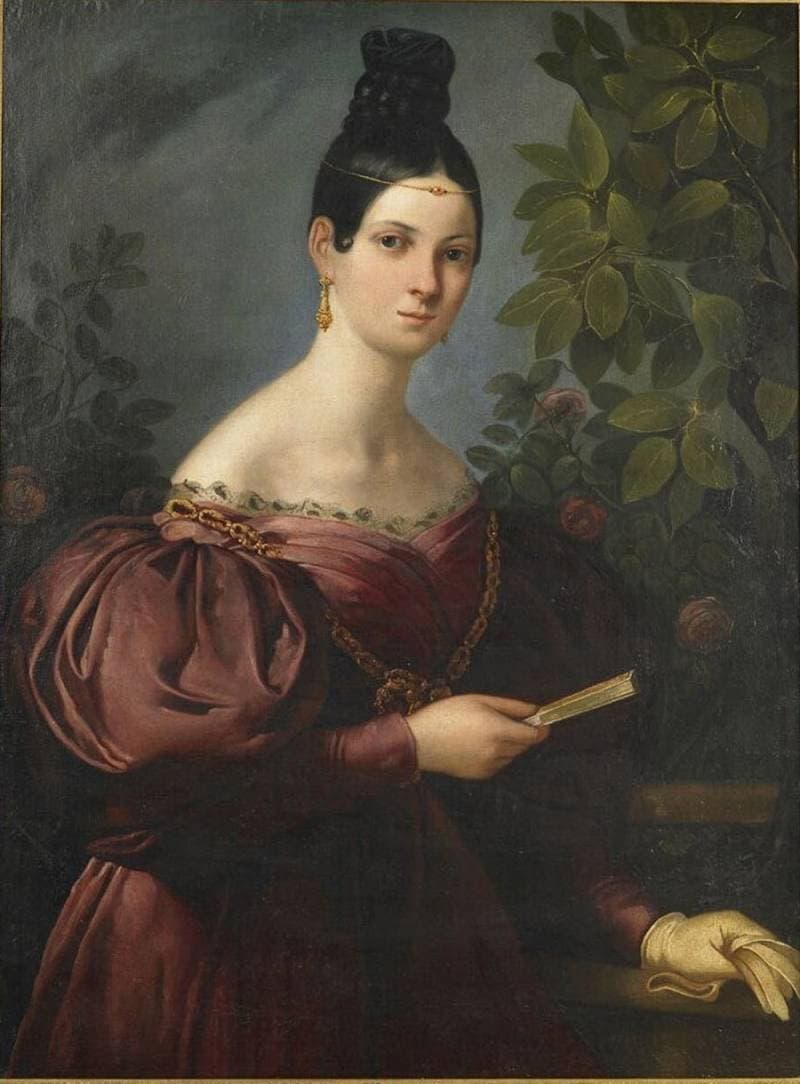
Sigmund Haffner
Mozart had composed the symphony under discussion in July and August of 1782 for his friend Sigmund Haffner, on the occasion of his elevation to royalty. Mozart and Haffner were both born in Salzburg in the same year, but they moved in very different circles. The Mozarts were musicians and the Haffners among the town’s wealthiest, most prominent, and most distinguished families. Sigmund Haffner Senior was a successful wholesaler and even a former mayor of Salzburg. The reason their family became internationally famous is because Mozart composed for them a serenade—for the nuptials of Haffner’s sister, and the symphony mentioned above. Originally, the work had been scored for pairs of oboes, bassoons, horns, and trumpets in addition to timpani and strings. With the Viennese performance date fixed in the calendar, Mozart was looking to further embellish the work by adding flutes and clarinets to the outer movements. However, Mozart had other things on his mind as well, as he continues his letter.

Sigmund Haffner Gasse, Salzburg



